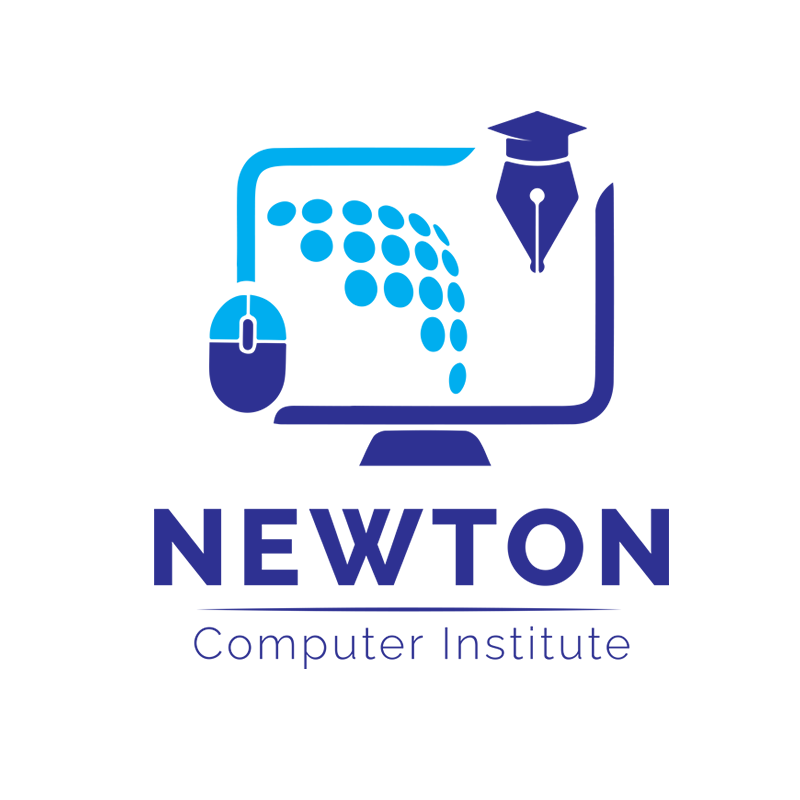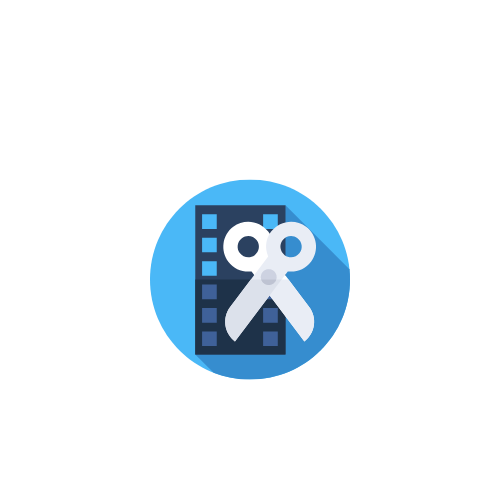3 Months
Full Stack Web Developer
2-16 Persons
Overview
The MERN Stack Web Development Training is a comprehensive program designed to equip learners with the skills needed to build dynamic and scalable full-stack web applications. It focuses on four key technologies: MongoDB, a NoSQL database for efficient data storage; Express.js, a flexible backend framework; React.js, a powerful frontend library for creating interactive user interfaces; and Node.js, a runtime environment that enables server-side development using JavaScript. Throughout the course, students will learn how to design and develop RESTful APIs, handle user authentication, manage databases, and create responsive frontend interfaces, seamlessly integrating all layers of the stack. Emphasis is placed on hands-on projects, allowing learners to apply their knowledge in real-world scenarios.
In addition to technical skills, the training covers essential tools like Git & GitHub for version control, Postman for API testing, and deployment strategies using platforms like Heroku and Netlify. Participants will also gain experience with modern development practices, including working with React Hooks, JWT authentication, and connecting cloud databases like MongoDB Atlas. By the end of the course, learners will have developed a fully functional capstone project, demonstrating their ability to manage end-to-end development, and will be well-prepared for careers as Full-Stack or MERN Stack Developers.

Detail Study
-
Frontend Development
The frontend development section of this course focuses on building dynamic and responsive user interfaces using React.js, one of the most popular JavaScript libraries. Students will first get a solid foundation in essential web technologies such as HTML, CSS, and JavaScript, which are crucial for creating structured, styled, and interactive web pages. Moving forward, learners will dive deep into React.js, starting with the basics like JSX syntax, components, props, and state management. They will understand how to handle events, manage component lifecycles, and implement conditional rendering. The course also covers advanced React concepts such as Hooks (useState, useEffect), React Router for building single-page applications (SPA), and effective state management techniques. Additionally, students will learn how to fetch and display data from APIs, ensuring the frontend is well-connected to backend services. By the end of this module, students will be able to create fully functional, interactive, and visually appealing user interfaces ready to integrate with backend systems.
- Introduction to Web Development
- Introduction to React.js
- JSX and Components
- Event Handling in React
- React Hooks
- Conditional Rendering
- Lists and Keys
- Forms and Form Validation
- React Router
- API Integration
- State Management Concepts
- Styling in React
- Project Work
-
Backend Development
The Backend Development section of this course focuses on building scalable and efficient server-side applications using Node.js and Express.js. Students will begin by learning the fundamentals of Node.js, which allows for the development of high-performance, non-blocking I/O applications. They will then dive into Express.js, a minimal web framework for Node.js, where they will learn to build RESTful APIs, handle routing, and manage middleware. The course covers essential backend concepts such as CRUD operations, database integration with MongoDB, and the use of Mongoose for schema-based data modeling. Students will also explore authentication and authorization techniques, including the implementation of JWT (JSON Web Tokens) for secure user login systems. Additionally, they will learn how to handle API requests and responses, manage error handling, and implement best practices for server-side security. By the end of this module, students will be capable of creating robust backend systems that seamlessly integrate with the frontend, providing full-stack solutions.
- Introduction to Backend Development
- Introduction to Node.js
- Setting Up Express.js
- RESTful API Design
- CRUD Operations
- Middleware in Express
- Working with MongoDB
- Mongoose and Schema Design
- User Authentication with JWT
- Handling API Requests and Responses
- Error Handling and Validation
- Server-Side Security Best Practices
- Project Work
-
Database Development
The Database Development section of this course focuses on building efficient, scalable, and secure data management systems using MongoDB as the NoSQL database for MERN stack applications. Students will begin by understanding the core concepts of NoSQL databases and how MongoDB differs from traditional relational databases. They will learn how to set up and manage a MongoDB database, perform CRUD operations, and efficiently store and retrieve data. The course covers Mongoose, an object data modeling (ODM) library that simplifies interaction with MongoDB, and how to design schemas, validate data, and enforce business logic at the database level. Students will also explore advanced topics such as the aggregation framework for data analysis, indexing for performance optimization, and creating relationships between data through references and embedded documents. The course also emphasizes database security, including user authentication, access control, and the prevention of common database vulnerabilities. By the end of this module, students will be equipped to design, implement, and optimize MongoDB databases that integrate seamlessly with backend systems, ensuring robust, efficient, and secure data management for full-stack applications.
- Introduction to Databases
- Introduction to NoSQL Databases
- Setting Up MongoDB
- MongoDB Data Model
- CRUD Operations in MongoDB
- Data Validation in MongoDB
- Mongoose and Schema Design
- Indexing and Query Optimization
- Aggregation Framework
- Data Relationships and References
- Database Security and Authentication
- MongoDB Performance Tuning
- Backup and Data Recovery
- Project Work
-
Additional Topics & Capstone Project
The Version Control with Git & GitHub section of the course covers how to use Git for efficient collaboration, tracking changes, and managing version history in a team setting. Students will learn how to work with GitHub for code repository management and deployment, ensuring streamlined workflows for team collaboration. The course also introduces Testing & Debugging, where students will learn unit testing using Jest and leverage various debugging tools to identify and fix issues in their code. In addition, the CI/CD & DevOps Basics module will cover the principles of automating deployments using GitHub Actions, helping students build streamlined, automated pipelines for continuous integration and deployment. The Performance Optimization section delves into techniques such as code splitting, lazy loading, and caching strategies to enhance the performance and scalability of web applications. Finally, students will apply their skills in a Capstone Project, where they will develop a full-fledged full-stack application, integrating both frontend and backend technologies to create a complete, deployable solution.
- Version Control with Git & GitHub: Using Git for collaboration and deployment
- Testing & Debugging: Unit testing with Jest, debugging tools
- CI/CD & DevOps Basics: Automating deployments with GitHub Actions
- Performance Optimization: Code splitting, lazy loading, and caching strategies
- Capstone Project: Develop a full-fledged full-stack application, integrating frontend and backend technologies
FAQs
What is the MERN stack?
MERN stands for MongoDB, Express.js, React.js, and Node.js. It is a popular full-stack JavaScript framework used to build web applications, with MongoDB as the database, Express.js for the backend framework, React.js for the frontend, and Node.js for server-side scripting
Do I need to have prior knowledge of JavaScript before starting MERN training?
Yes, a basic understanding of JavaScript is highly recommended, as MERN stack involves using JavaScript for both client-side (React) and server-side (Node.js) development.
Is MERN stack suitable for beginners?
While prior knowledge of JavaScript is helpful, MERN stack is beginner-friendly, especially when taught step-by-step. The course usually starts with foundational topics and gradually introduces more advanced concepts.
How long will it take to learn the MERN stack?
The time required to learn MERN stack depends on your prior experience and the depth of the course. Typically, it may take anywhere from a few weeks to several months of consistent learning and practice.
What is the role of MongoDB in the MERN stack?
MongoDB is a NoSQL database used to store application data. It is designed to handle large volumes of unstructured data and is known for its flexibility and scalability, making it a perfect fit for the MERN stack.
What is Express.js, and why is it used in MERN?
Express.js is a lightweight framework for Node.js that simplifies building backend APIs. It provides a robust set of features to develop web and mobile applications and is used to manage HTTP requests, routing, and middleware in MERN applications.
What is React.js used for in the MERN stack?
React.js is a powerful JavaScript library used to build dynamic user interfaces. It is used for the frontend of MERN stack applications, allowing developers to create reusable UI components and build responsive single-page applications (SPAs).
What is Node.js, and how does it fit into the MERN stack?
Node.js is a runtime environment that allows you to execute JavaScript code on the server-side. In the MERN stack, Node.js is used to build the backend of the application, handling business logic, database interaction, and API communication.
Is MERN a good choice for building scalable applications?
Yes, the MERN stack is an excellent choice for scalable applications because it uses JavaScript across the entire stack, making it easier to manage code, and MongoDB's NoSQL architecture is designed for scalability.
Do I need to learn HTML, CSS, and JavaScript before starting MERN training?
Yes, basic knowledge of HTML, CSS, and JavaScript is essential to understand the structure, style, and functionality of web applications before diving into MERN stack development.









